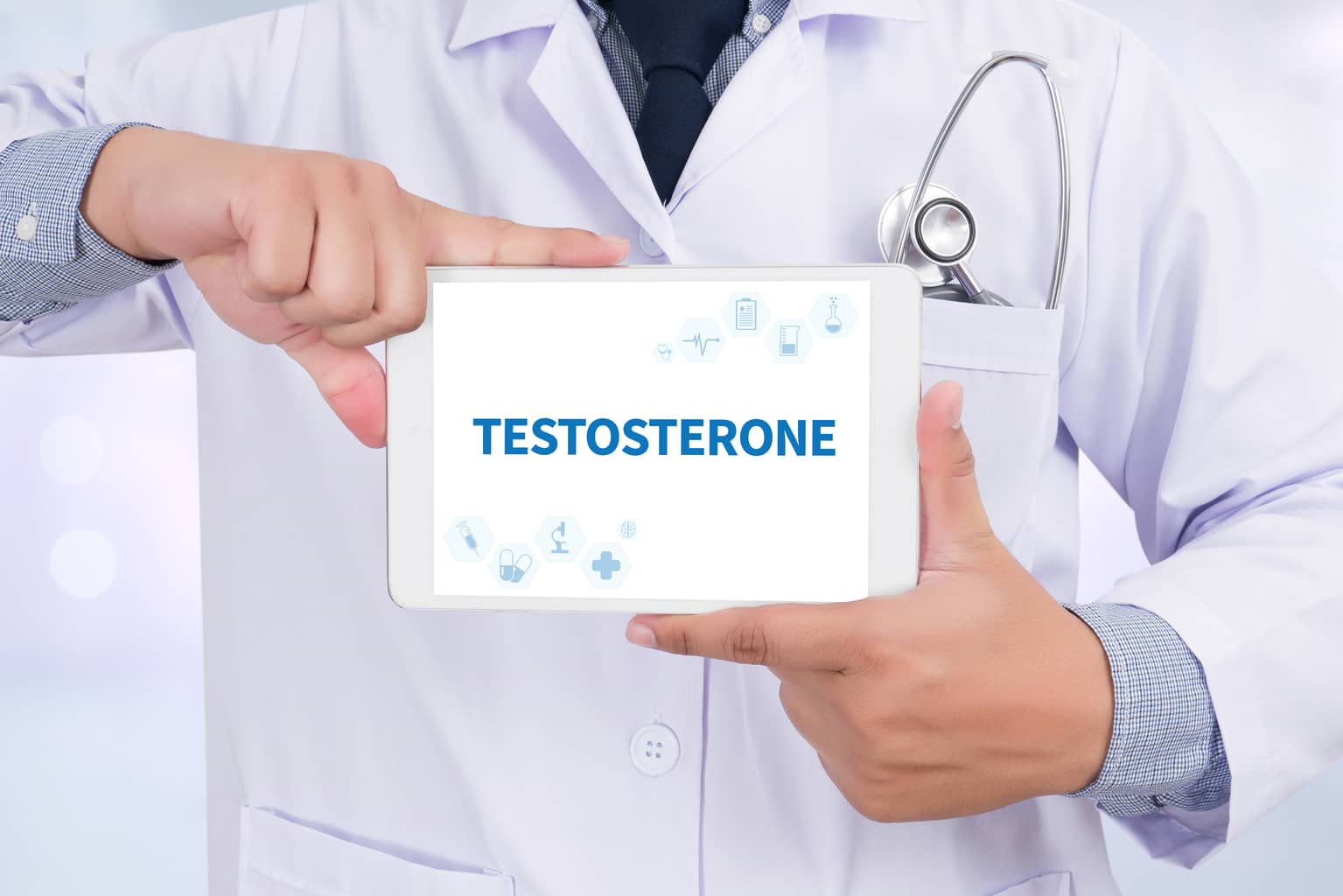
[cmamad id=”8339″ align=”center” tabid=”display-desktop” mobid=”display-desktop” stg=””]
I wanted to talk about the myth of free testosterone.
For some reason, this myth started that only free testosterone matters.
And it’s led to men looking for how to free testosterone effectively. But it’s wrong.
Sometimes they test things like thyroid, and there is free T3 and free T4.
So they count total T3 and total T4 — they don’t count the “free” type separately with a thyroid test.
But for some reason when they test testosterone levels, they think that only “free” testosterone matters.
According to Web MD:
Most of the testosterone in the blood is bound to a protein called sex hormone binding globulin (SHBG). Testosterone that is not bound (“free” testosterone) may be checked if a man or a woman is having sexual problems.
Web MD is usually pretty good.
However, their take on testosterone is completely wrong, and the story is so much more interesting.
If you want to skip to the end, you’ll find that:
- Total testosterone counts, while free testosterone is meaningless
- SHBG levels should be high, not low
But, let’s take it one step at a time, shall we?
Supposedly, SHBG binds testosterone and takes it kind of out of circulation.
[cmamad id=”8340″ align=”center” tabid=”display-desktop” mobid=”display-desktop” stg=””]
So then any testosterone held by the SHBG is not available to the body.
But the study shows the truth which is quite different.

This is a very ingenious series of experiments done in Australia.
When they conducted sex hormone binding globulin tests (or SHBG tests), they found that SHBG actually increases the testosterone in your body.
You want a high SHBG level.
Because if you have a low SHBG level, your body picks up and metabolizes your testosterone too quickly by your cells.
Many organs make SHBG, including the prostate.
SHBG is an incredibly important compound to the body.
It is much more than a chemical that simply binds testosterone and takes it out of circulation.
And here are some other takeaways from this important landmark study.
Testosterone does not increase cell proliferation in the prostate.
Doctors treat men to death, quite literally when they have prostate cancer.
And the treatments amount to chemical castration at a time when a man most needs testosterone for his health.
And, as I’ve shown you many times before, testosterone does not cause or increase prostate cancer.
In the present study Testosterone treatment did not promote cell growth, and in fact a dose dependent inhibition of growth was demonstrated after 38 hours in culture.
Small amounts of DHT caused an increase in cell growth — but a higher DHT level INHIBITED cell growth.
And the big take away from the study today is the most important.
It finally demolishes the myth of free testosterone as the only biologically active testosterone.
In the presence of SHBG, there is reduced testosterone uptake by the cells, but, disposal and inactivation of testosterone is reduced…the effects of testosterone on androgen is increased.
Instead of taking testosterone out of action, sex hormone binding globulin actually makes testosterone more useful and more active.
It’s critically important to have healthy high levels of sex hormone binding globulin.
And it’s critical to stop paying attention to free testosterone.
Instead, you need to look at total testosterone when deciding whether or not your testosterone levels are adequate.

http://www.webmd.com/men/testosterone-15738#1
Sex Hormone Binding Globulin Modifies Testosterone Action and Metabolism in Prostate Cancer Cells
https://www.ncbi.nlm.nih.gov/pmc/articles/PMC5136390/

Leave a Reply